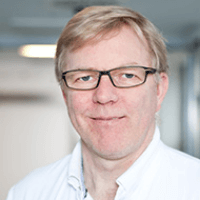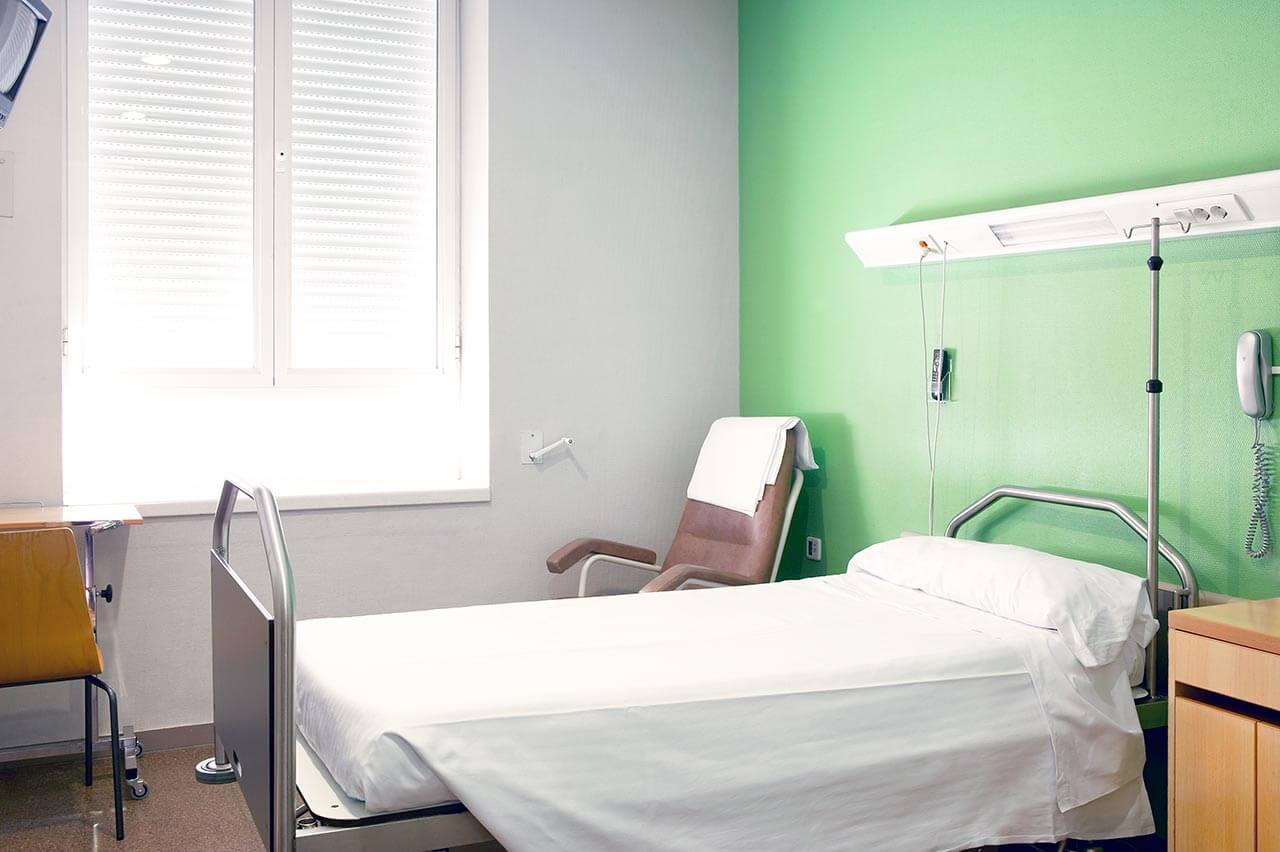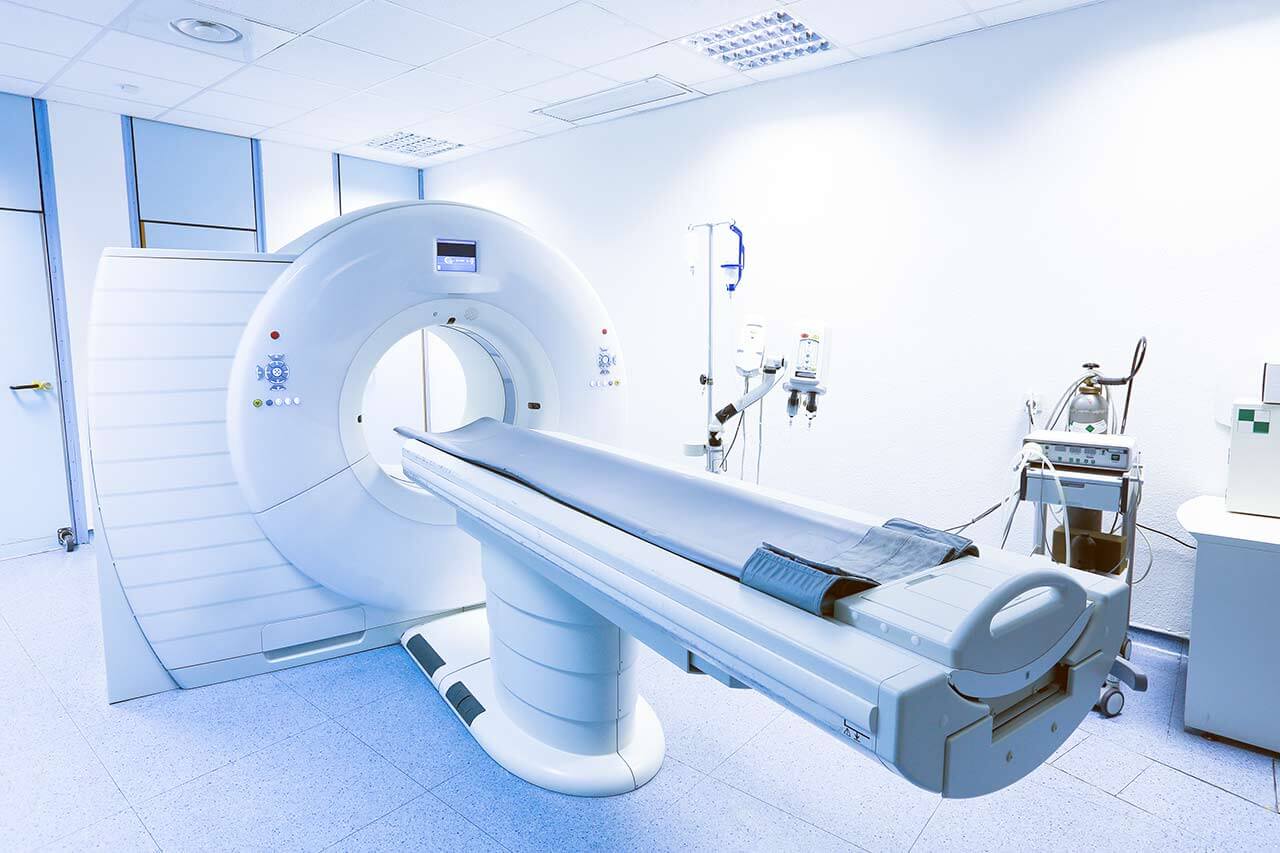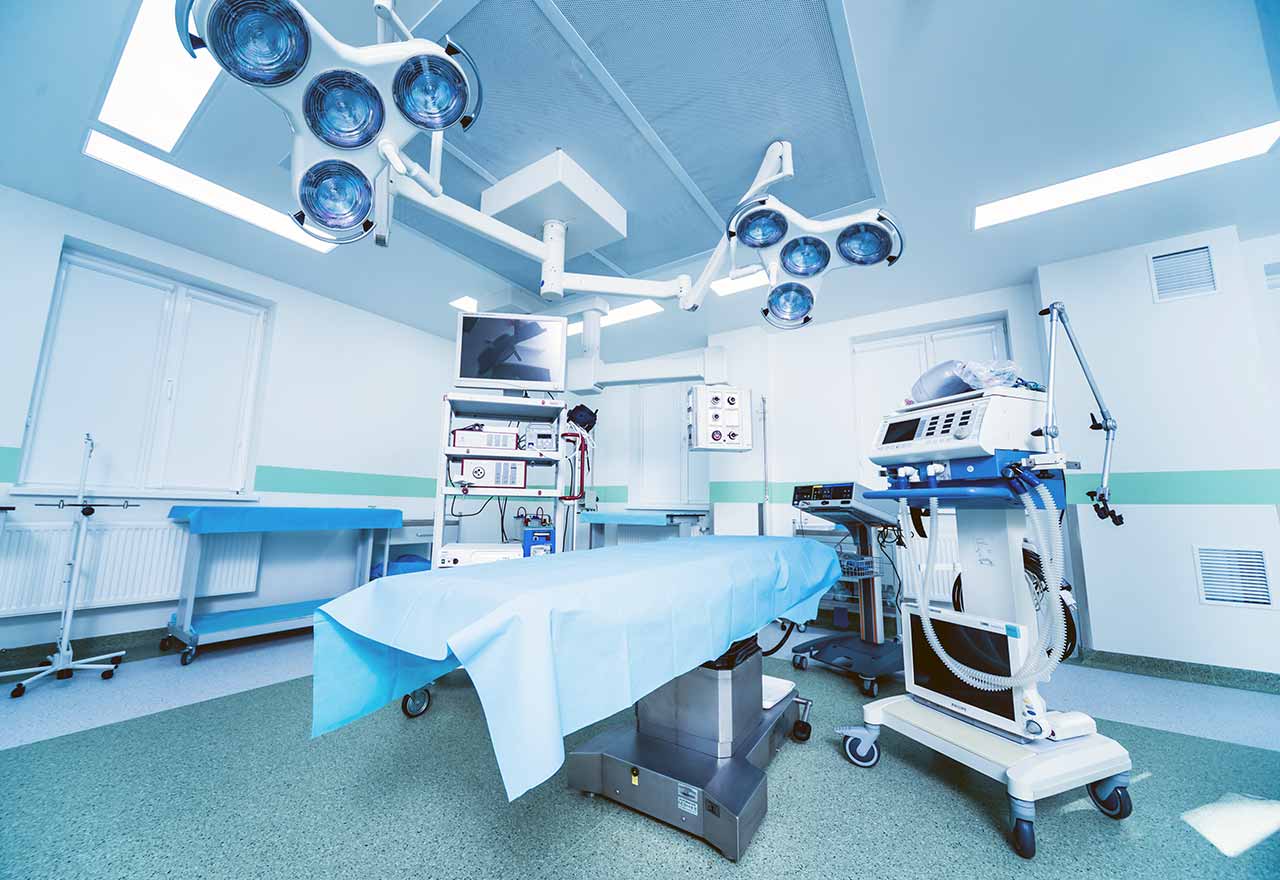
The program includes:
- Initial presentation in the clinic
- clinical history taking
- review of medical records
- physical examination
- laboratory tests:
- complete blood count
- biochemical analysis of blood
- thyroid function test (TSH-basal, fT3, fT4)
- mineral metabolism analysis (Na, K, Ca, Mg)
- lipid metabolism (HDL/LDL, cholesterol, triglycerides,
Lip(a), homocysteine) - iron content (ferritin, iron)
- blood coagulation analysis (aPTT, PT, INR)
- metabolic status (uric acid, total glucose, HbA1c)
- inflammatory parameters (CRP, ESR)
- cardiovascular disease risk markers
- vascular system assessment
- lung function test (Spirometry)
- resting and exercise ECG
- vessel elasticity measurement
- Holter monitoring (24h)
- body fat and water examination
- color doppler echocardiography
- color doppler sonography of cerebral vessels
- preparation according to preoperative standard
- pacemaker implantation
- symptomatic treatment
- control examinations
- the cost of essential medicines and materials
- nursing services
- full hospital accommodation
- explanation of future recommendations
Required documents
- Medical records
- ECG (if available)
Service
You may also book:
 BookingHealth Price from:
BookingHealth Price from:
About the department
The Department of Cardiology at the HELIOS Clinic Krefeld offers the full range of services in this medical focus. The department specializes in the treatment of heart failure, heart rhythm disorders, heart valve diseases and other heart pathologies. The department is headed by Prof. Dr. med. Heinrich Klues.
For the provision of emergency medical care, the department has a Chest Pain Unit. The department is equipped with the state-of-the-art diagnostic equipment for conducting various cardiac examinations: ECG, echocardiography, transesophageal echocardiography, spiroergometry, cardiac MRI, CT, cardiac catheterization, etc.
The department provides various treatment methods for heart failure. Quite often, a positive treatment result can be achieved with the help of drug therapy. Nevertheless, in severe forms of pathology, a pacemaker or defibrillator implantation is required. Another option is the use of an artificial heart system.
In addition, the diagnosis and treatment of all forms of cardiac arrhythmia (heart rhythm disorders) are carried out here. Naturally, the main treatment method is drug therapy, which is often accompanied by targeted myocardial ablation. The main goal of arrhythmia treatment is to improve the quality of life. An effective method for treating atrial fibrillation is atrial catheter ablation.
The treatment of mitral valve defects is provided with the modern method Mitra-Clip, which is a mitral valve reconstruction with a catheter and is an excellent alternative to open intervention. The procedure is performed under the control of ultrasound, without opening the thorax.
The department offers a wide range of outpatient services:
Diagnostics
- ECG, exercise ECG, long-term ECG
- Long-term blood pressure monitoring
- Echocardiography (ultrasound examination of the heart)
- Transesophageal echocardiography (TEE)
- Stress echocardiography
- Spiroergometry
- Pulmonary function testing
- Heart MRI (stress MRI and MRI at rest)
- Cardiac CT
- Cardiac catheterization (coronary angiography)
- Electrical cardioversion
- Monitoring of patients with pacemakers and defibrillators
- Laboratory tests
- Other diagnostic services
Treatment
- Heart failure
- Congenital and acquired heart defects
- Ischemic heart disease, including the indication for recanalization of chronically chronically occluded blood vessels
- Heart valve diseases, including the indication for minimally invasive interventions for the treatment of heart valves (TAVI, MitraClip)
- Cardiac arrhythmias
- Cardiomyopathies
- Care after heart transplantation and implantation of cardiac support systems
- Hypertension and heart diseases caused by hypertension
- Correction of risk factors for the development of cardiovascular diseases
- Primary and secondary prevention
- Other treatments
Curriculum vitae
- 1976 - 1983 Study of Medicine at the Westphalian Wilhelm University of Münster.
- 1983 Final examination. Medical License.
- 1983 - 1987 Internship, Internal Medicine, St. Joseph’s Hospital Warendorf, Department of Internal Medicine (Head: Dr. H. Kahlert).
- 1987 - 1989 Internship (Senior Fellow), Department of Cardiology, General Hospital Bielefeld-Mitte (Head: Prof. Dr. med. H. Kuhn).
- 1988 Medical Specialist in Internal Medicine.
- 1989 - 1991 Research Fellowship, National Institute of Health (National Heart, Lung and Blood Institute; NHLBI), Cardiology and Cardiac Pathology, Bethesda, Maryland, USA (Heads: Dr. med. S. E. Epstein, (cardiology), Dr. med. W. C. Roberts (cardiac pathology).
- 1991 Research Fellow, Department of Internal Medicine I, University Hospital Aachen (Head: Prof. Dr. P. Hanrath).
- 1992 - 1995 Assistant Medical Director, Department of Internal Medicine I, University Hospital Aachen.
- 1993 Medical Specialist in Cardiology.
- 1995 - 1999 Representative of the Head of the Department of Internal Medicine I, University Hospital Aachen.
- 1998 Medical Specialist in Internal Intensive Care.
- 1999 Head of the Department of Cardiology, HELIOS Clinic Krefeld.
Photo of the doctor: (c) Helios Klinikum Krefeld
About hospital
Founded in 2014, the HELIOS Clinic Krefeld is one of the most modern medical facilities in Germany today. A team of highly qualified specialists, innovative medical equipment and comfortable accommodation conditions – the clinic has everything to make the treatment run smoothly and efficiently. Having crossed the threshold of the clinic, you will feel the home-like cozy and modern atmosphere. Perhaps you will even forget that you are in the clinic.
As a maximum care medical center, the clinic covers practically all areas of medicine: cardiology, gastroenterology, oncology and hepatology, nephrology, diabetology and rheumatology, general, abdominal and minimally invasive surgery, dermatology and venereology, angiology, cardiac surgery and other medical fields.
Thanks to a continuous fruitful cooperation with the world’s leading universities, research and medical centers, the clinic provides the highest treatment standards.
The doctors of the clinic take up the treatment of the most severe cases, including serious spinal injuries and diseases related to the disorders of the central nervous system. The nursing staff of the clinic regularly undergoes both advanced and special trainings, which contributes to a high-quality, professional patient care at all stages of treatment.
The clinic adheres to a strict quality management system. Not only the patient care, but also the entire treatment process (including monitoring and patient care after the operation) are subject to the quality certification.
Photo: (c) depositphotos
Accommodation in hospital
Patients rooms
The patients of the HELIOS Clinic Krefeld live in comfortable single and double rooms. Each room has a bathroom with a toilet and shower. The room is furnished with a comfortable bed, bedside table, TV, radio and telephone. Each room has access to the Internet, which can be used at extra charge.
The clinic offers an excellent infrastructure: a beautiful park with playgrounds for children, a cafeteria, a chapel, which regularly hosts church services, a prayer room for Muslims, a beauty salon, a shop with a large selection of magazines, drinks and personal hygiene items, an ATM and a large parking lot.
Meals and Menus
The restaurant of the clinic offers three meals a day. For breakfast, lunch and dinner, it serves a large selection of dishes that will please even spoiled gourmets. Every day, the menu features vegetarian and dietary dishes. It is possible to order any dish without leaving the room. In addition, the clinic has a cafeteria where one can always have a cup of aromatic coffee, hot tea or enjoy an exquisite refreshing drink. Also, the cafeteria menu offers many tasty snacks and dishes.
Further details
Standard rooms include:




